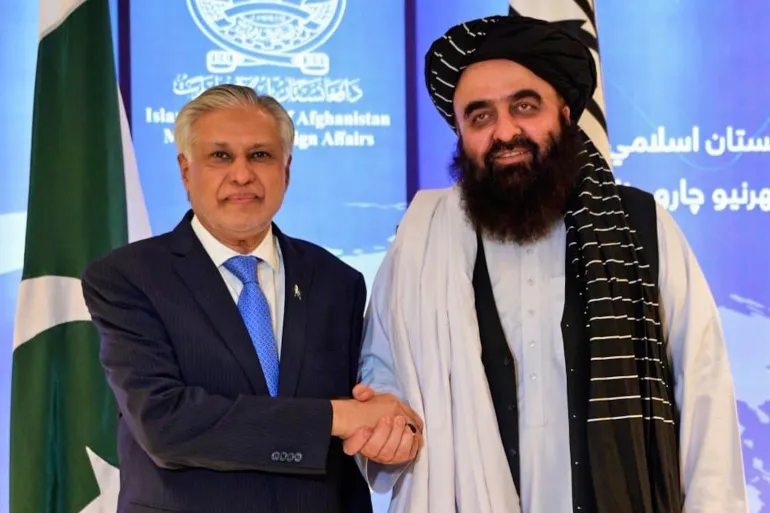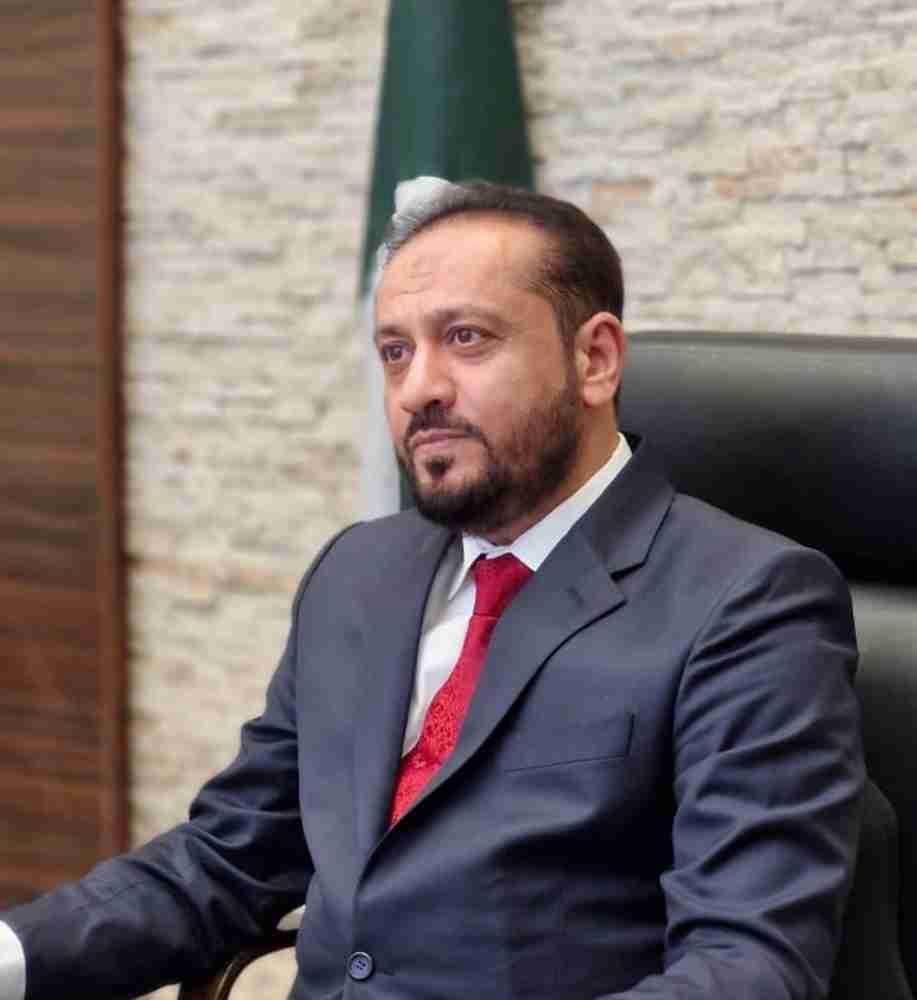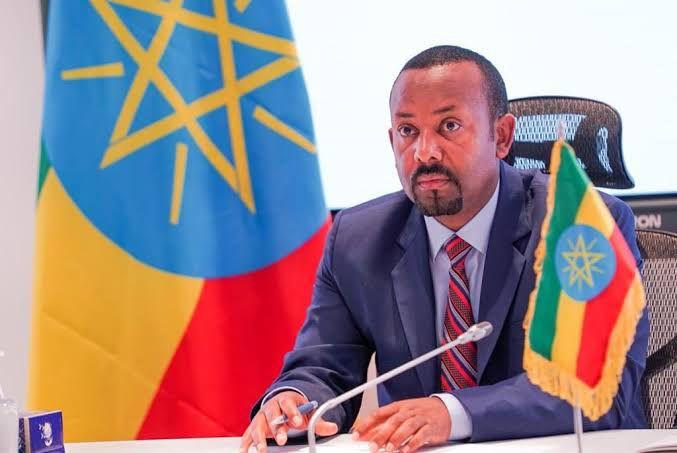Islamabad/Kabul – Pakistan has announced its decision to appoint an ambassador to Afghanistan, marking a significant step toward normalizing diplomatic relations with the Taliban-led government in Kabul. This move makes Pakistan the fourth country—after China, the United Arab Emirates (UAE), and Uzbekistan—to upgrade its diplomatic representation in Afghanistan since the Taliban’s return to power in 2021.
Key Developments
Pakistan’s Deputy Prime Minister and Foreign Minister, Ishaq Dar, confirmed the decision on Friday, stating that relations between the two neighbors have improved following his visit to Kabul in April.
“To maintain this momentum, I am pleased to announce the decision of the Government of Pakistan to upgrade the level of its chargé d’affaires in Kabul to the level of ambassador,”
Dar said.
The announcement follows a recent trilateral meeting in Beijing involving Dar, Afghanistan’s Acting Foreign Minister Amir Khan Muttaqi, and Chinese Foreign Minister Wang Yi. Islamabad hopes the move will enhance economic cooperation, increase bilateral trade, and strengthen counterterrorism efforts.
A Step Toward Stabilizing Relations
Pakistan and Afghanistan have long had strained ties, primarily due to Islamabad’s accusations that Kabul harbors the Tehrik-e-Taliban Pakistan (TTP), a militant group allied with but distinct from the Afghan Taliban. The TTP has grown bolder since the Taliban’s resurgence, posing security challenges for Pakistan.
Despite these tensions, both nations have recently engaged in dialogue to reset relations. The decision to appoint an ambassador signals Islamabad’s willingness to pursue a more structured diplomatic engagement with Kabul.
Refugee Crisis and Regional Dynamics
Another critical issue between the two countries is the presence of nearly three million Afghan refugees in Pakistan, many of whom have lived there for decades. Islamabad has initiated a controversial deportation campaign, sending tens of thousands back to Afghanistan, a move criticized by international organizations.
While Kabul has yet to officially respond to Pakistan’s ambassador announcement, earlier indications suggested mutual interest in upgrading diplomatic ties.
Diplomatic Recognition Remains Unresolved
No country, including Pakistan, has formally recognized the Taliban government, citing concerns over human rights, particularly restrictions on women’s education and employment. However, the appointment of ambassadors by several nations suggests a gradual, if cautious, engagement with the de facto Afghan administration.
Pakistan’s Strategic Approach
Islamabad’s decision aligns with its broader regional strategy, balancing security concerns with economic and diplomatic outreach. By strengthening ties with Kabul, Pakistan aims to:
– Enhance cross-border trade and connectivity.
– Foster cooperation on counterterrorism.
– Position itself as a key player in Afghanistan’s stability.
While challenges remain, particularly regarding the TTP and refugee issues, this diplomatic step underscores Pakistan’s commitment to a pragmatic relationship with its neighbor.






This Post Has One Comment
This is a notable development, especially considering how few countries have formalized relations with the Taliban-led government. It’ll be interesting to see whether this move leads to meaningful progress on trade and security, particularly with cross-border militancy remaining a concern for both nations.